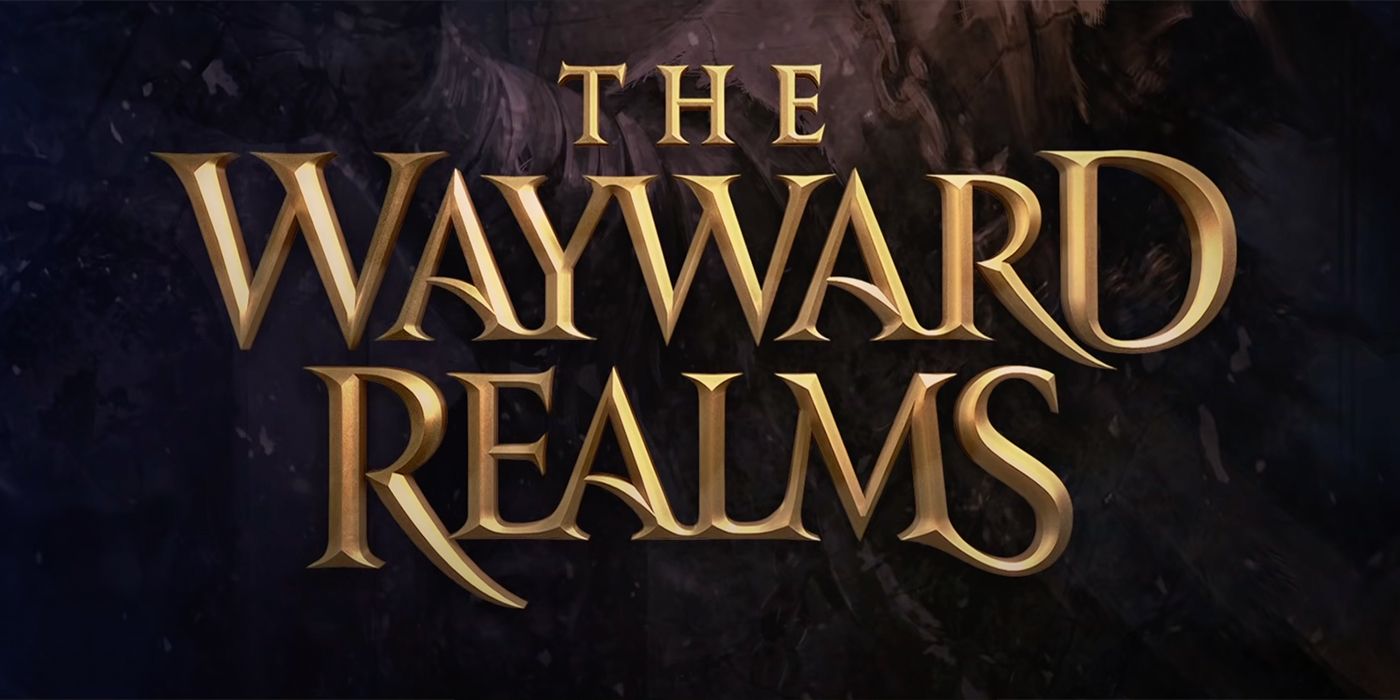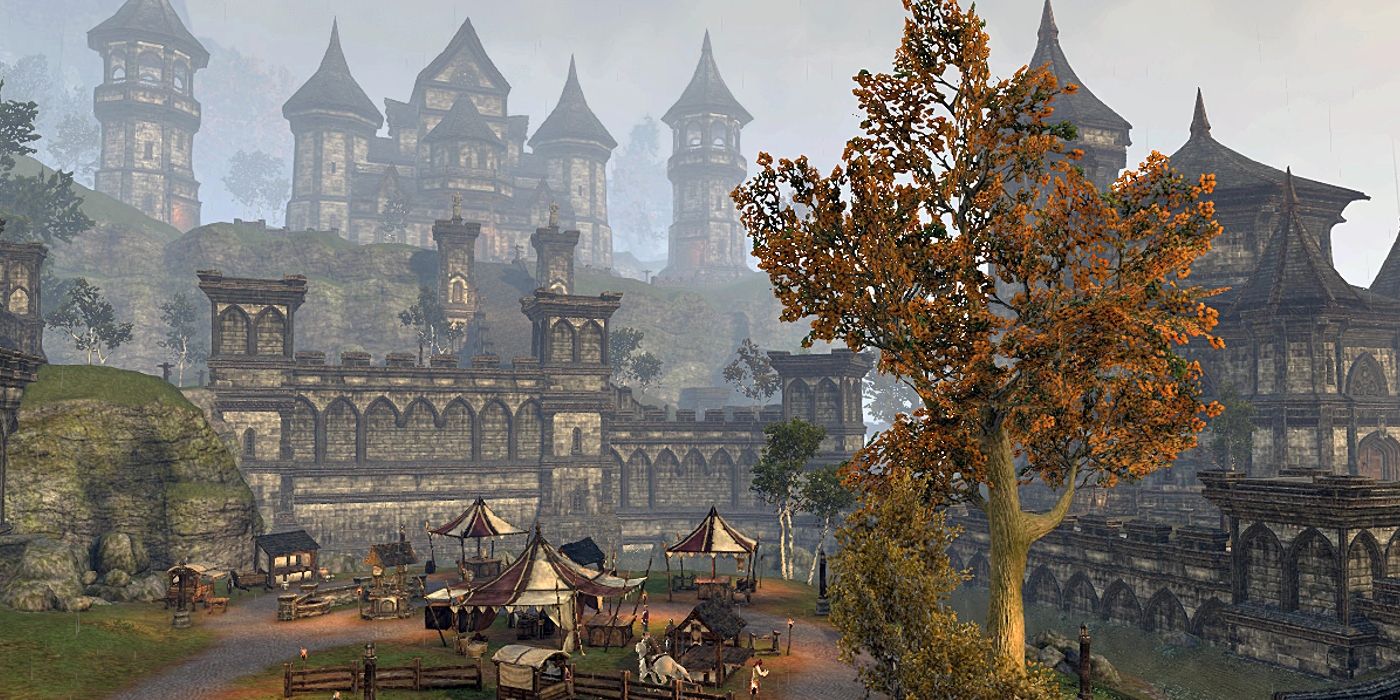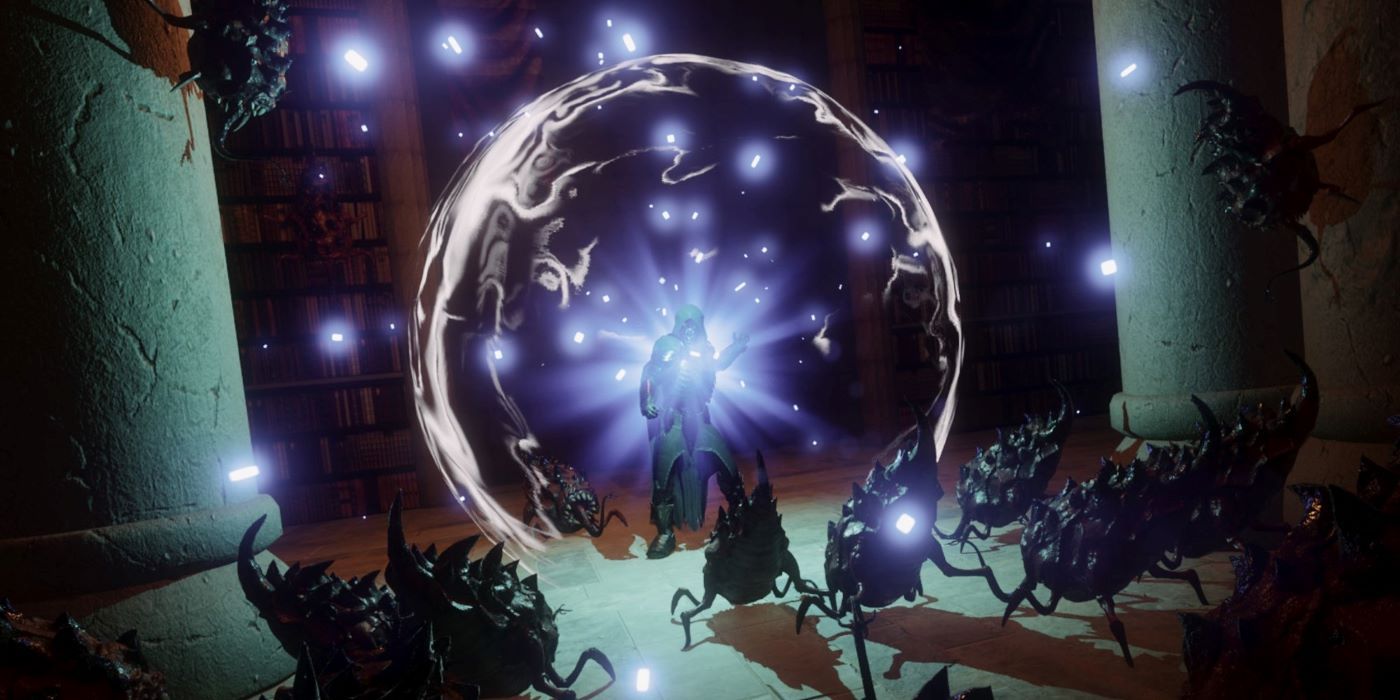
The Wayward Realms is an upcoming open-world RPG from Once Lost Games, and although it is still in early development with no known release date, this game has already managed to spark plenty of interest amongst fans of the genre. While the information available about The Wayward Realms is still limited, one thing that is clear is that this is an extremely ambitious project.
The Wayward Realms is currently under the direction of a team that has worked as lead developers on titles such as Elder Scrolls: Dragonfall and Arena, and includes Ted Peterson, Julian LeFay, and Vijay Lakshman. This game aims to be bigger in size and scope than any other game, and while this holds a lot of promise, this is also where countless others have met their downfall. Games that try to be as big as The Wayward Realms is aspiring to be often end up too big, too insubstantial, and too hollow. Enormous worlds that look impressive but fail to engage with the player are meaningless, and games that are packed to the brim with things to do can end up flat and soulless. Interactivity is the key to making an open-world that feels alive, and if The Wayward Realms is to succeed, it needs to strike that careful balance above all else.
RELATED: Open-World RPGs To Play After The Witcher 3

Dubbed a new class of game called "The Grand RPG," The Wayward Realms is set to incorporate detailed combat systems, complex faction dynamics, and innovative choice and consequence systems. It is set on a group of over one hundred islands known as the Archipelago, where different factions vie for influence and power. It is clear that each location in the game is set to be unique and varied. The official website for the game offers vague descriptions of two of these locations; the kingdom Sidh, located in the north, and the Library of Logos.
According to Once Lost Games, The Wayward Realms aims to offer an unprecedented role-playing experience and is designed to be as immersive as possible. On all levels, this ambitious game aims to be bigger and bolder than current open-world RPGs. The Steam description states that The Wayward Realms involves a vast open-world that will be brought to life with procedural generation, and players will traverse across a world that is set to be far bigger in size and scope that any other game in existence. The Wayward Realms will also have a virtual Game Master that will be utilized to create a "constantly evolving" story, which adds a unique and intriguing aspect to the game.

In recent years open-world games have continuously become larger and more sophisticated, with developers devoting more time and resources to ensuring that they have created fleshed-out and engaging worlds. This genre has offered players plenty of content-rich, immersive titles in settings that are enriching and vivid. Many open-world games offer engrossing quests, brilliant characters, and gameplay that remains exciting throughout, which all tie together to keep them entertaining. However, some games that have aimed to achieve this end up feeling too empty and large, and players are left fumbling through the game as they struggle to find things to do.
When players don’t have to engage in questlines there is no sense of immediacy, and without a personal connection to the world around them, these sprawling games can end up flat and vacant. Games with unfathomably large maps, such as Daggerfall, are almost impossible to fully experience, especially for casual players. While most open-world games will include numerous challenges and side quests to make the world feel less empty, if they are unconnected from the main story they can end up feeling bland and unnecessary. In a world that grants players an enormous amount of freedom, it is easy to ignore the main story, and the lack of urgency in this sense can lead to the main campaign feeling irrelevant. Therefore, it is common for smaller and more detailed open-worlds to be the most effective. By focusing on a more compact space, developers can be more precise and detailed with their world-building, and the result is a more realistic, complex world that doesn’t feel vast simply for the sake of it.
RELATED: Forspoken is Looking to Have the Best Graphics of Any Open World Game Made to Date

Emergent gameplay is vital to the success of open-world games, as they benefit immensely from ensuring that the world is dynamic and evolving. Games that change and adapt based on the actions of players, presenting new challenges and opportunities to the player each time they enter the world, trump those that see the world simply as a setting in which to base the game. When the world itself is at the heart of gameplay, there is far more in terms of variety and cohesion for players to enjoy, and it adds significance to the choices players make. The Legend of Zelda: Breath of the Wild and The Witcher 3 are examples of successful open-world games, as they truly immerse players in gameplay. Both provide rich worlds where every step is exciting.
Open-world games do not need to be stacked with things to do so long as a player’s interaction with the world is meaningful and the act of traversing the world never gets boring. Of course, there does need to be some level of emptiness in an open-world game, too, as players will lose a sense of scale and immersion if the world offers something that is meant to capture their attention every few steps. There does not constantly need to be an enemy or NPC encounter if the terrain is interesting and fun to traverse, as sometimes the space and scenery tell a story of their own accord. The best open-world games are those that are themselves a fundamental part of the gameplay experience.
A sprawling map is not the only thing players will want to see, but a world that truly engages them. Rather than drowning players in a vast but ultimately empty setting, The Wayward Realms should strive to truly connect players with its open-world in a way that offers them exciting gameplay but doesn't offer so much they they end up getting lost in it. If The Wayward Realms is set on reviving the RPG genre, this is the balance it needs to find.
The Wayward Realms is in development.
MORE: Skyrim Vs. Oblivion: Which Elder Scrolls Game Is Better?

